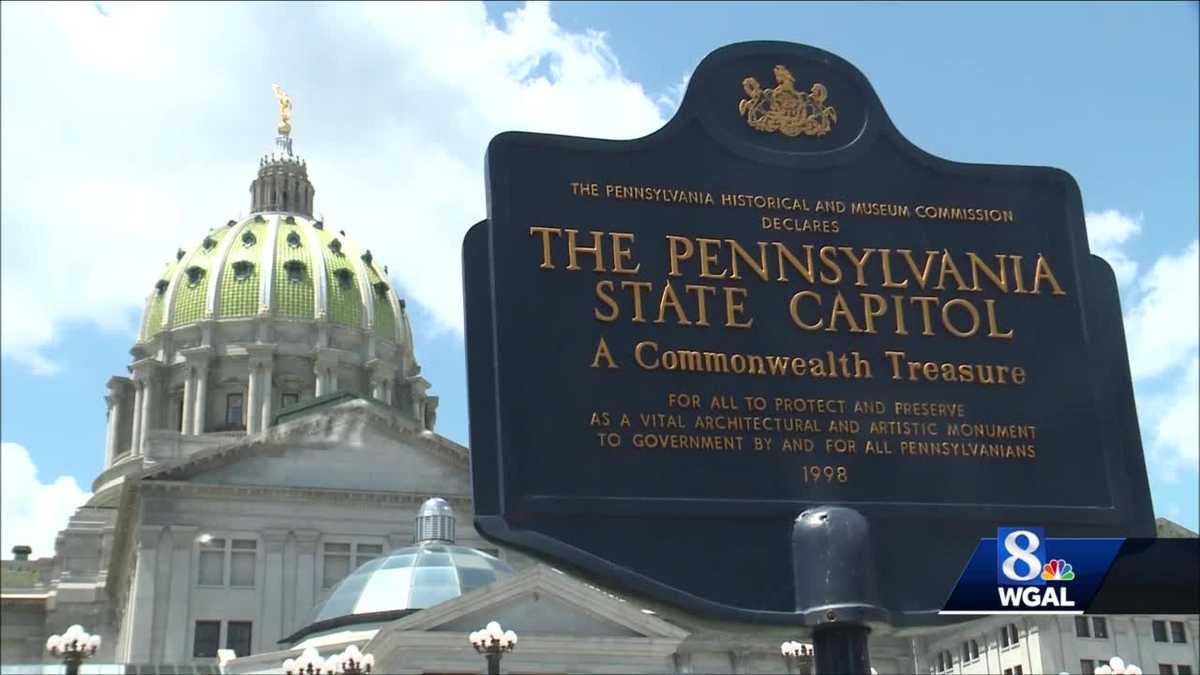Pennsylvania State Sen. James Andrew Malone, D-Lancaster, on Friday announced legislation to close gaps in Pennsylvania’s mandatory reporting law by requiring school personnel and other mandated reporters to notify authorities when minors share sexually explicit material depicting other minors, including AI-generated deepfakes.Malone said he drafted Senate Bill 1034 following outreach from a victim and family members following a 2023 incident in which 48 female students at Lancaster Country Day School and 12 other girls were victimized by sexually explicit deepfake images allegedly created by two male students. Malone said school officials learned of the abuse but did not report it to law enforcement for several months, highlighting a blind spot in current law.“With the rapid development of AI, threats to our kids online are always evolving,” Malone said in a statement. “Sexually explicit AI deepfakes are a real danger to our kids, and we need to modernize our laws to address this threat. My legislation is a common-sense update to mandatory reporting requirements in Pennsylvania that helps protect kids by making sure instances of sexually explicit AI deepfakes being disseminated by other minors are immediately reported to the appropriate authorities.”A companion bill has been introduced in the House by state Rep. Nikki Rivera, D-Lancaster.Under Title 23, school personnel are already required to report suspected child abuse. But incidents in which children share sexually explicit images of other children — including AI-generated content — are not explicitly covered under the statute’s current definition of abuse, according to Malone. The bill amends the child-on-child contact section to include the unlawful dissemination of intimate images and sexual abuse of children, specifically addressing AI deepfakes, and require immediate reporting to law enforcement or child protective services.“It’s time we update our mandatory reporting laws to protect kids in this new digital landscape created by AI,” Rivera said. “This update takes seriously the long-lasting damage caused by sexually explicit AI-generated deepfakes of minors and will ensure cases involving the dissemination of this content are addressed immediately.”
HARRISBURG, Pa. —
Pennsylvania State Sen. James Andrew Malone, D-Lancaster, on Friday announced legislation to close gaps in Pennsylvania’s mandatory reporting law by requiring school personnel and other mandated reporters to notify authorities when minors share sexually explicit material depicting other minors, including AI-generated deepfakes.
Malone said he drafted Senate Bill 1034 following outreach from a victim and family members following a 2023 incident in which 48 female students at Lancaster Country Day School and 12 other girls were victimized by sexually explicit deepfake images allegedly created by two male students.
Malone said school officials learned of the abuse but did not report it to law enforcement for several months, highlighting a blind spot in current law.
“With the rapid development of AI, threats to our kids online are always evolving,” Malone said in a statement. “Sexually explicit AI deepfakes are a real danger to our kids, and we need to modernize our laws to address this threat. My legislation is a common-sense update to mandatory reporting requirements in Pennsylvania that helps protect kids by making sure instances of sexually explicit AI deepfakes being disseminated by other minors are immediately reported to the appropriate authorities.”
A companion bill has been introduced in the House by state Rep. Nikki Rivera, D-Lancaster.
Under Title 23, school personnel are already required to report suspected child abuse. But incidents in which children share sexually explicit images of other children — including AI-generated content — are not explicitly covered under the statute’s current definition of abuse, according to Malone.
The bill amends the child-on-child contact section to include the unlawful dissemination of intimate images and sexual abuse of children, specifically addressing AI deepfakes, and require immediate reporting to law enforcement or child protective services.
“It’s time we update our mandatory reporting laws to protect kids in this new digital landscape created by AI,” Rivera said. “This update takes seriously the long-lasting damage caused by sexually explicit AI-generated deepfakes of minors and will ensure cases involving the dissemination of this content are addressed immediately.”

